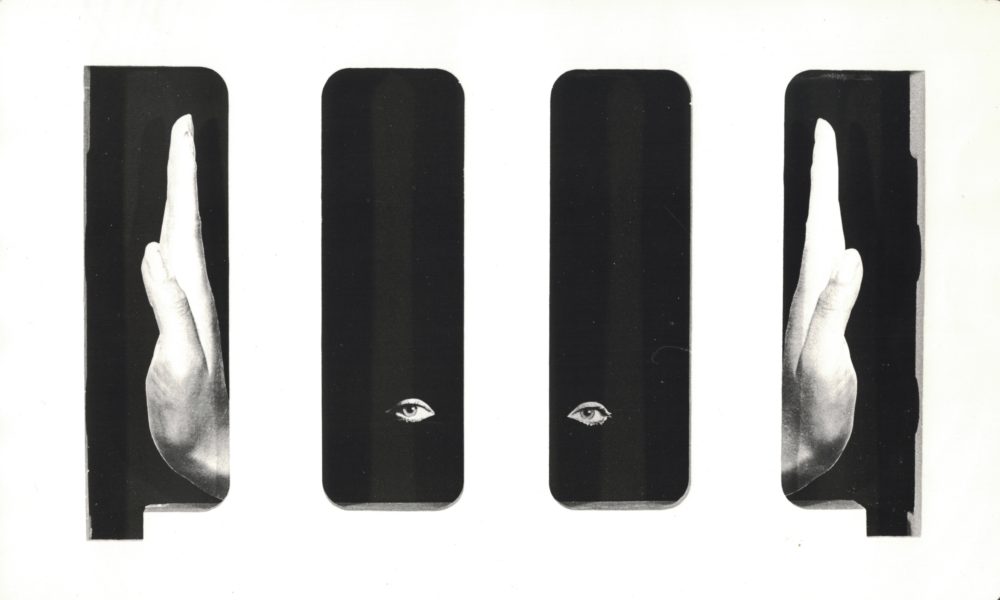Meetings with artists, guided tours and explorations outside the walls A special series of visits to the Botanical Garden of Naples led by artist Maria…
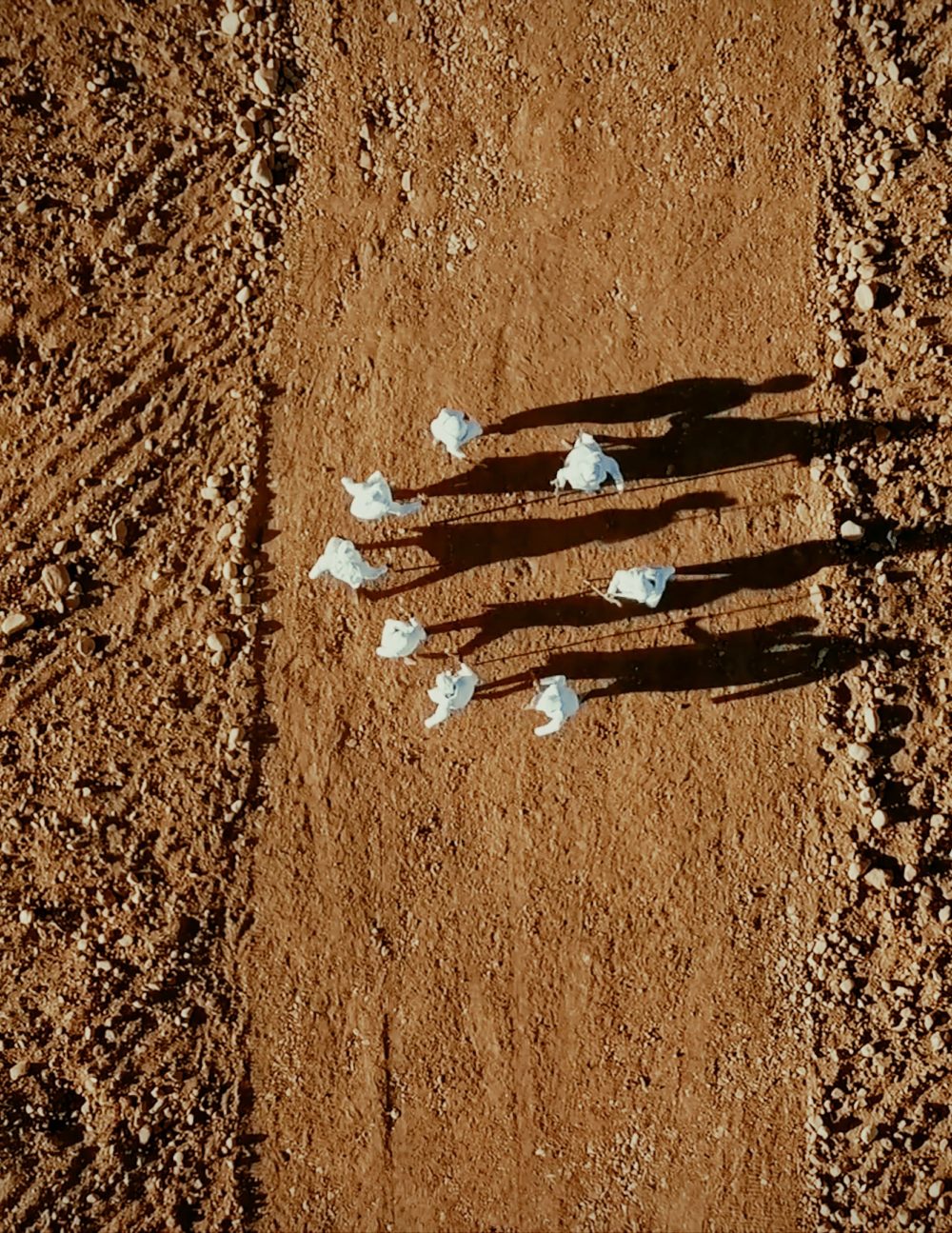
Exhibition
Rethinking Nature
Kathryn Weir with associate curator Ilaria Conti
17.12.2021 — 02.05.2022
The acceleration of global warming, the rising of the seas, the mass extinction of species, the recent weather anomalies, flows and seepages of toxicity impossible to contain – this unfolding predicament cannot be separated from the modern European paradigm that conceives of nature as a reservoir of resources to be freely exploited for profit. Rethinking Nature reveals how contemporary artistic practice is contributing to cultural and political processes that collectively rethink the ethical underpinnings of existence in the world, and underline the forms of interconnectedness that bind the entire planet. The project articulates experimental creative vocabularies that aim to produce alternative bodies of knowledge and social forms centered on political ecology. They demonstrate the urgency of building relationships on the basis of other values and call for radical change to address a cumulative crisis that has long existed in many geographies and that theorist Elizabeth Povinelli of Karrabing Film Collective today defines as “ancestral.” Indian writer Amitav Ghosh reminds us in his book The Great Derangement: Climate Change and the Unthinkable (2016), that ‘indigenous peoples have already experienced the end of the world and found ways to survive’, noting that farmers, fishermen, Inuit, indigenous peoples, forest peoples in India, have all experienced the climate crisis first hand and have already had to adapt, mainly through displacement and by finding new means of subsistence.
Rethinking Nature opens with a constellation of works from Italian and international artists that reflect on the historical and philosophical roots of an imperialist vision of nature as source of economic gain to be appropriated, and considers how the associated dynamics of domination are perpetuated in today’s global economic system. The paintings and sculptures of Argentine artist Adriana Bustos map iconographies relating to the systematisation of the relationships between living beings and analyze how these relations have naturalised colonial and racializing processes. ‘Bestiario de Indias I’ features images from European chroniclers of South America, monstrous representations of peoples and animals that ideologically underpinned the expropriation of their lands. ‘Fires’ is inspired by the scientific treatise Mundus Subterraneus (1664) by Athanasius Kircher, whose conceptual core, developed also thanks to a visit to Mount Vesuvius, considered the organic and inorganic worlds as interconnected and characterised by holistic processes. Karrabing Film Collective present a new constellation of video works and commissioned conceptual mappings – or ‘Weather Reports’ – that show a colonial eye that perfects its cartography as it ravages worlds, juxtaposing the diasporic history of Povinelli’s family’s move from clan lands in the Italian Alps to settler lands in the United States, with the history of Karrabing expropriation from their ancestral lands in northern Australia. ‘Weather Reports’ spans five centuries to evoke the dramatic upheavals of ecologies and geographies as Europe asserts control over the meaning and destiny of territories, lands and peoples.
Throughout the exhibition, a series of artistic projects brings the analysis to the present day, illustrating how current practices of natural resource exploitation that are protected by governmental and multinational policies suppress the critical demands of numerous minorities and weaken delicate and complex ecosystems. In his sculptures, Giorgio Andreotta Calò investigates the notion of ‘resource’ to address the ecological and social repercussions of extractive processes. The installation ‘Produttivo’ features a series of core samples obtained from the archives of Carbosulcis S.p.A., the last company active in coal extraction in Italy, which ended its mining activity in 2017. Ecuadorian artist Adrián Balseca investigates the exploitation of natural resources and labour in South America in relation to the development of the rubber industry in the Amazon in the 19th and 20th centuries, when Europeans realized the potential applications of the rubber tree’s derivatives, already used by indigenous peoples.
Gianfranco Baruchello’s project Agricola Cornelia S.p.A, set up in the 1970s near Rome as an artistic experiment in farming and social justice, investigated how art could propose alternatives and respond to realities such as human hunger, propose forms of labour not based on exploitation, and explore relationships with the non-human and the elements. A new generation of artists today develop articulations with small-scale agriculture and community through projects such as INLAND created in 2010 by Fernando García-Dory in northern Spain and Amakaba, recently started by Tabita Rezaire in the Amazonian forest in French Guiana. These artistic initiatives imagine responses to the ecological crisis, assert collective responsibility, and promote a concept of climate justice.
The exhibition continues with a series multidisciplinary practices centered around spirituality, healing and traditional knowledge that articulate the urgency of developing ethical relationships with the environment and the planet, by implicating invisible ecosystems. A series of artists in ‘Rethinking Nature’ cultivate in their works forms of interconnected thinking that consider as fundamental the intelligence of rocks, water, plants, and animals to disrupt perceived human-nature divides. Zina Saro-Wiwa’s ‘Karikpo Pipeline’ overlays the infrastructure of oil extraction with an evocation of invisible and spiritual energies, setting an Ogoni antelope masquerade in a landscape of pipelines. The monotype series ‘Defend Sacred Mountains’ by Edgar Heap of Birds collects the toponymy of North America’s indigenous peoples related to places of ritual, worship and healing to illustrate the fragmentation caused by the nation-state and generate vectors of cultural resistance. Buhlebezwe Siwani’s video installation ‘AmaHubo’ creates a ritual and narrative space that affirms, through performative and corporeal languages, the resilience of spiritual practices linked to land despite the interdictions faced by her forebears in southern Africa.
Further extending the exhibition through a large site-specific installation, Filipino artists Alfredo and Isabel Aquilizan present ‘Pillar’, from the series Project Another Country inspired by the Badjao, a nomadic seafaring people of the Sulu Sea. The new commission, composed of hundreds of recycled cardboard houses and plants, was developed during workshops with young people in Naples. The cascade of habitations and gardens descends across the floors of the museum, suspended from a small sailboat, inverted like a shelter in a storm, in reference to the city’s history as a Mediterranean port – and to future forms of living on rising waters.
Rethinking Nature presents 15 new productions in international premiere, and in all more than 50 works by over 40 artists and collectives from 22 countries. The forms of critical thinking that emerge in the exhibition will also be shared through a programme of events and workshops involving artists and researchers from different sensibilities and socio-political backgrounds. The project will be accompanied by an illustrated catalogue, which will include new critical contributions by theorists such as Denise Ferreira da Silva, and an unprecedented series of conversations with the artists.
Artists:
Maria Thereza Alves (Brasil) / Giorgio Andreotta Calò (Italia) / Alfredo & Isabel Aquilizan (Pilipinas) / Adrián Balseca (Ecuador) / Gianfranco Baruchello (Italia) / Adriana Bustos (Argentina) / Sebastián Calfuqueo Aliste (Wallmapu/Chile) / Cao Minghao & Chen Jianjun (中国) / Jimmie Durham (USA) / Denise Ferreira da Silva & Arjuna Neuman (Brasil/ Deutschland) / Fernando García-Dory & INLAND (España) / Ximena Garrido-Lecca (Perú) / Gidree Bawlee – Kamruzzaman Shadhin – Salma Jamal Moushum (বাংলাদেশ) / Edgar Heap of Birds (Cheyenne and Arapaho nations) / Karrabing Film Collective & Elizabeth Povinelli (Emmi, Mentha, Wadjigiyn, Kiyuk and Malakmalak countries/USA) / Sam Keogh (Ireland) / Francois Knoetze (South Africa) / Elena Mazzi (Italia) / Ana Mendieta (Cuba) / Marzia Migliora (Italia) / Jota Mombaça & Iki Yos Piña Narváez (Brasil/Venezuela) / Sandra Monterroso (Guatemala) / Niccolò Moronato (Italia) / Tabita Rezaire & Amakaba (Guyane) / Zina Saro-Wiwa (United Kingdom/Nigeria) / Karan Shrestha (नेपाल) / Buhlebezwe Siwani (South Africa) / Yasmin Smith (Australia) / Ivano Troisi (Italia) / Tricky Walsh (Australia) / Zheng Bo (香港)
With heartfelt thanks for the generous support to Gianfranco D’Amato; Renato Magaldi, Amici del Madre; [NA!] Project, Paris; ‘La Caixa’ Foundation, Valencia; Fabio Agovino, Napoli; Università di Napoli Federico II; Orto Botanico di Napoli; Tarsia associazione culturale per piante e arte.
Warm thanks also to: Alfonso Artiaco, Napoli; Cecilia Brunson Projects, London; Edouard Malingue Gallery, Hong Kong, Shanghai; Fondazione Baruchello, Roma; Galeria Madragoa, Lisboa; Galerie Gisele Capitain GmbH, Köln; Galleria Lia Rumma, Milano e Napoli; Galleria Nazionale d’Arte Moderna e Contemporanea, Roma; Goodman Gallery, Johannesburg, Cape Town, London; MANN – Museo Archeologico Nazionale di Napoli; Marval Collection, Berlin, Milano; Nicola Pedana Arte Contemporanea, Caserta; Prometeo Gallery Ida Pisani, Milano, Lucca; The Estate of Ana Mendieta, LLC and Galerie Lelong & Co.; Tia Collection, Santa Fe, New Mexico and all the artists.
Creative collaboration: Elena De Filippo, Alessia Montefusco, Cooperativa Dedalus; Chiara Rinaldi, Claudia Vallefuoco, Martina Campanile, Scuola di Restauro, Accademia di Belle Arti di Napoli; Donella Di Marzio, Scuola di Didattica dell’Arte, Accademia di Belle Arti di Napoli, with Alberto Michalette, Teresa De Rienzo, Miriam Coppola, Giuliana Di Donato, Carmela Freda, Diana Cava, Maddalena Scafa, Martina Morra, Stefano Vaccaro, Assunta Rongo, Alessandro Calvanese, Roberta Pugliese, Francesca Valenziano, Vittoria Magrì; Federica Gargiulo.
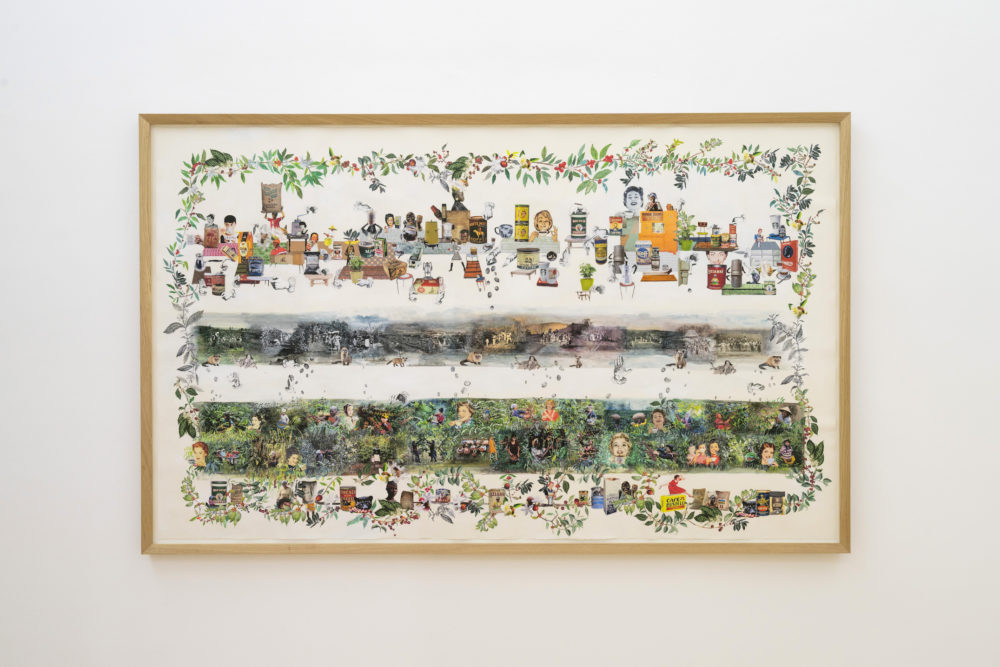
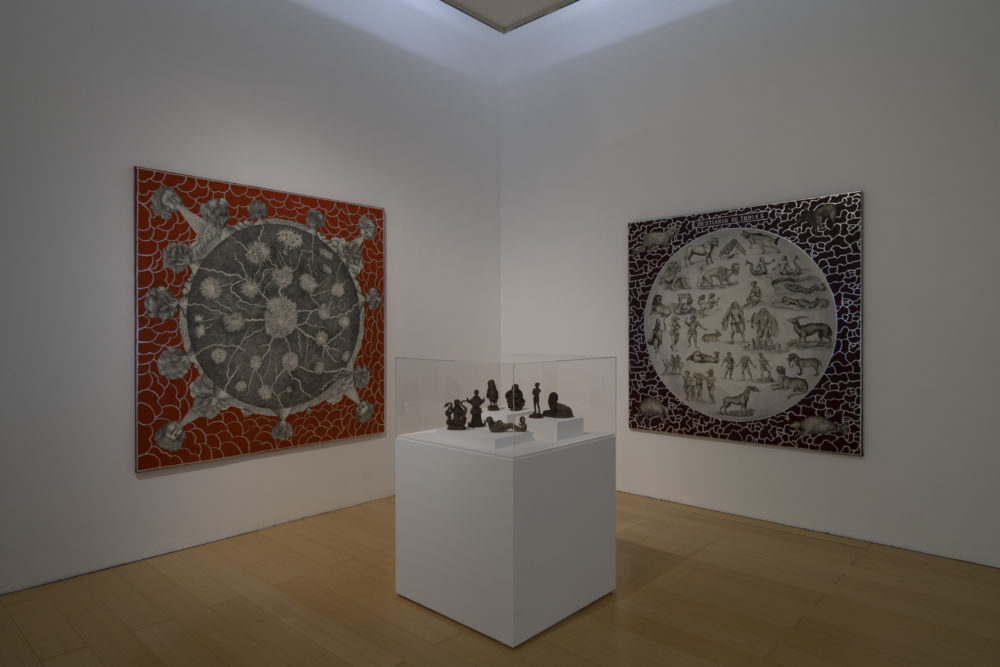
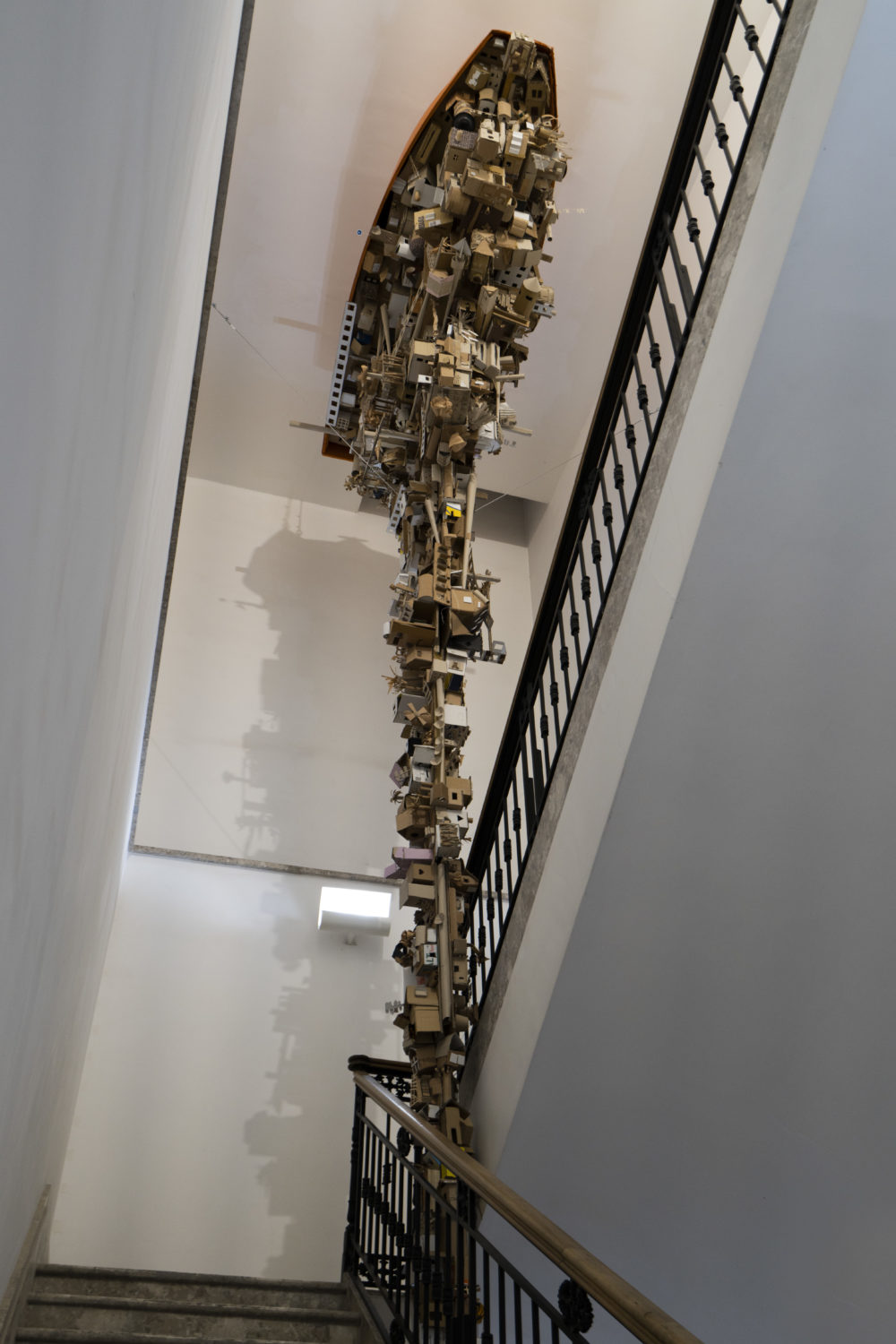
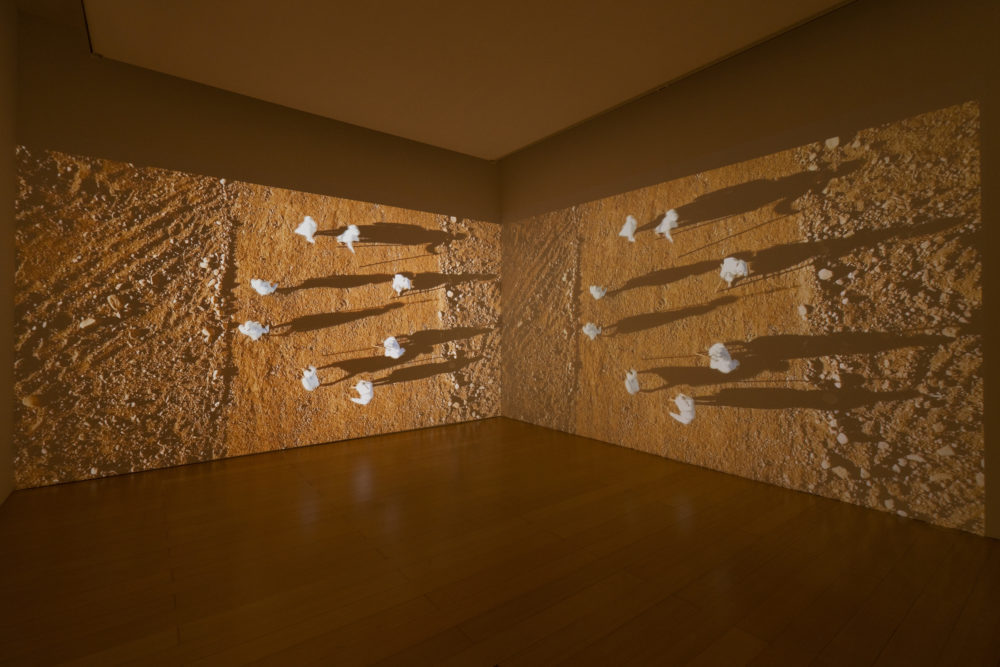
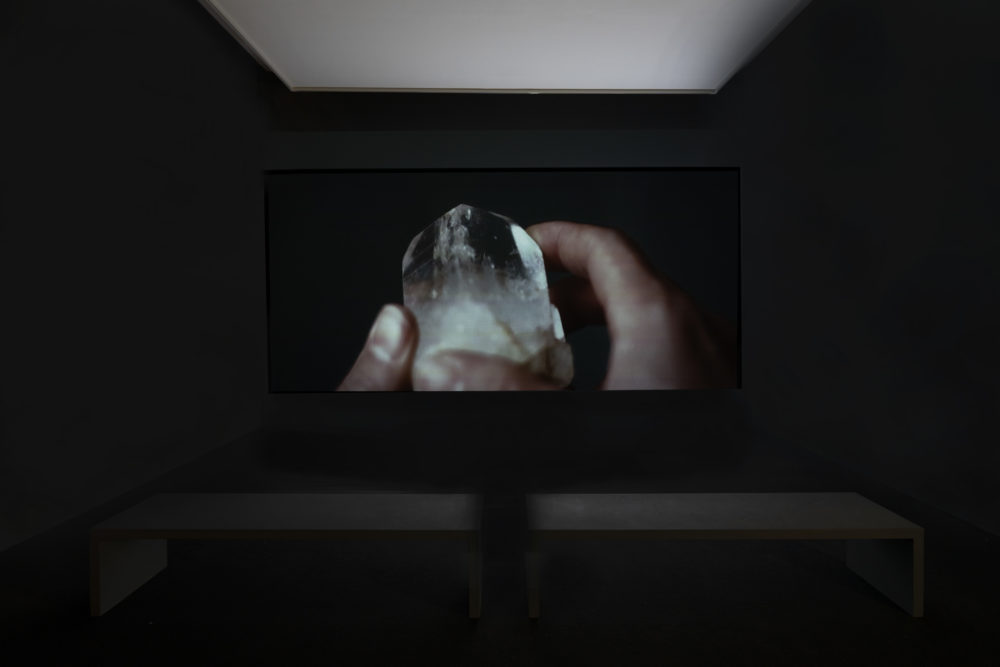
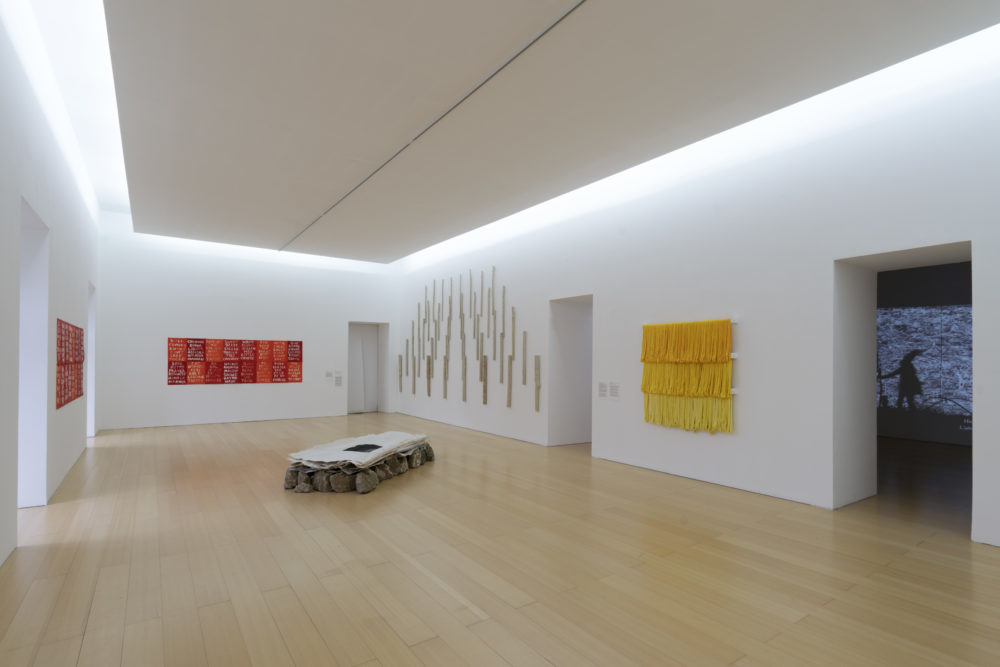
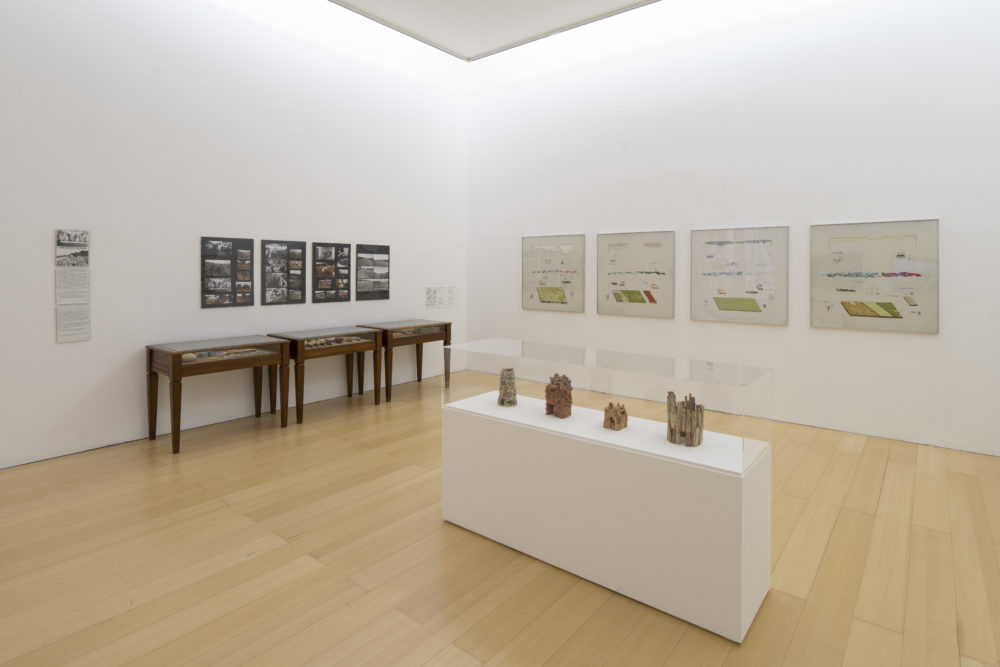
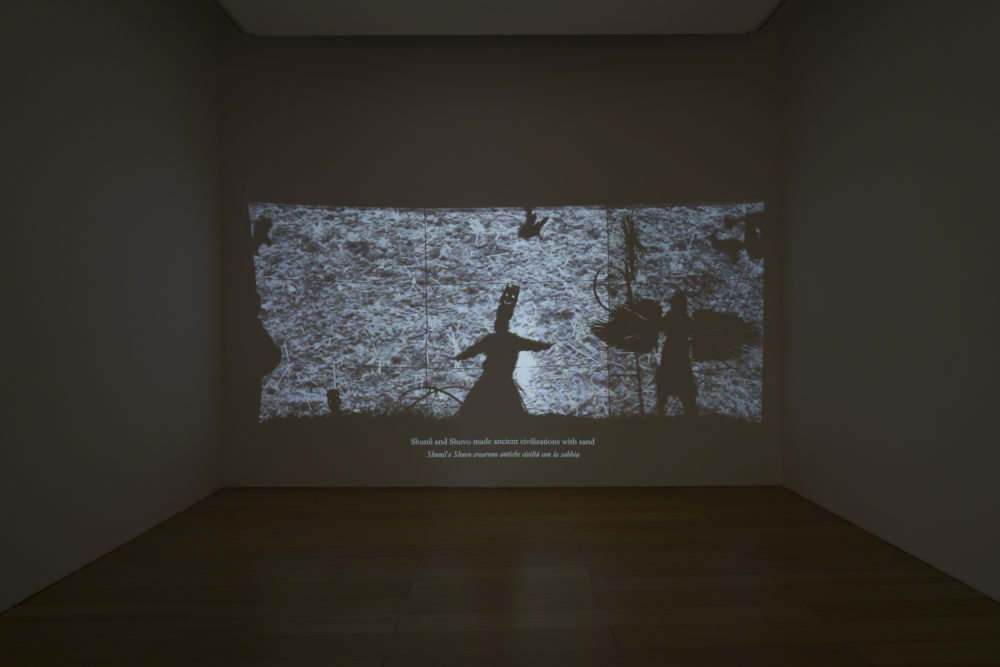

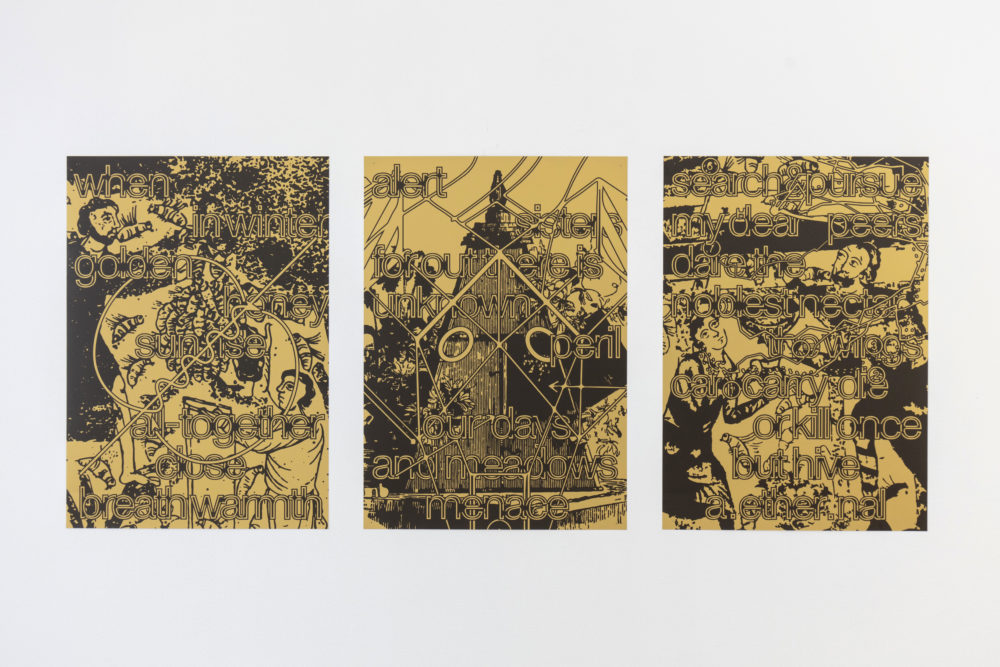

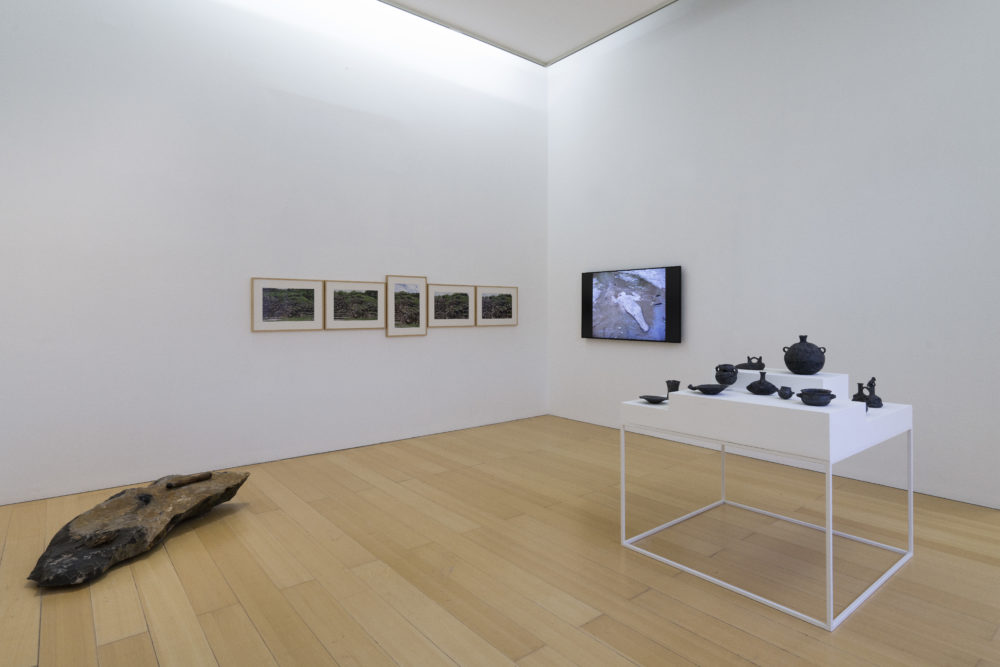

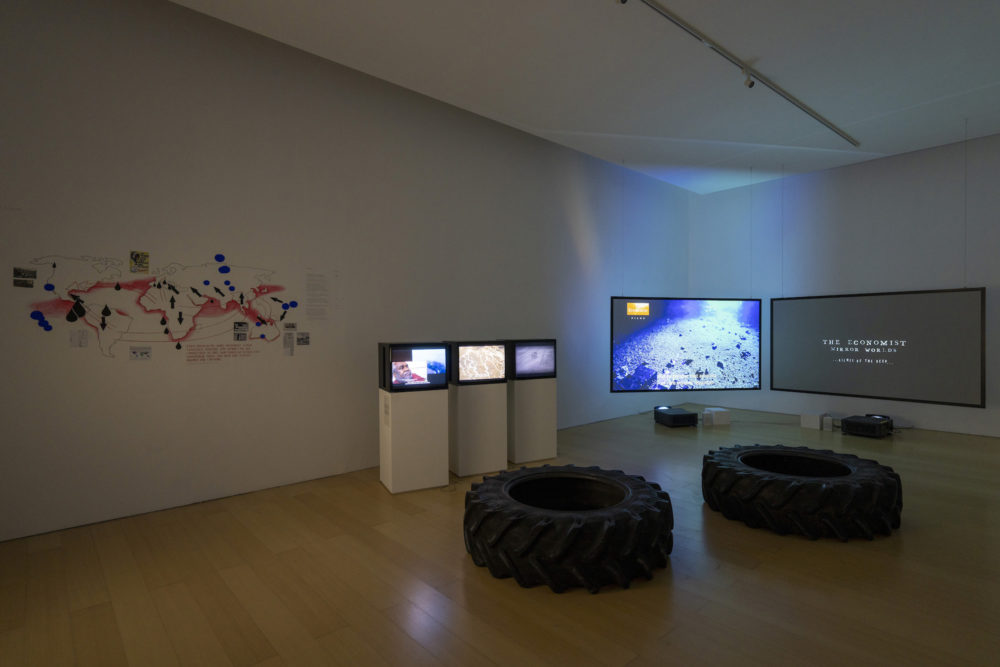
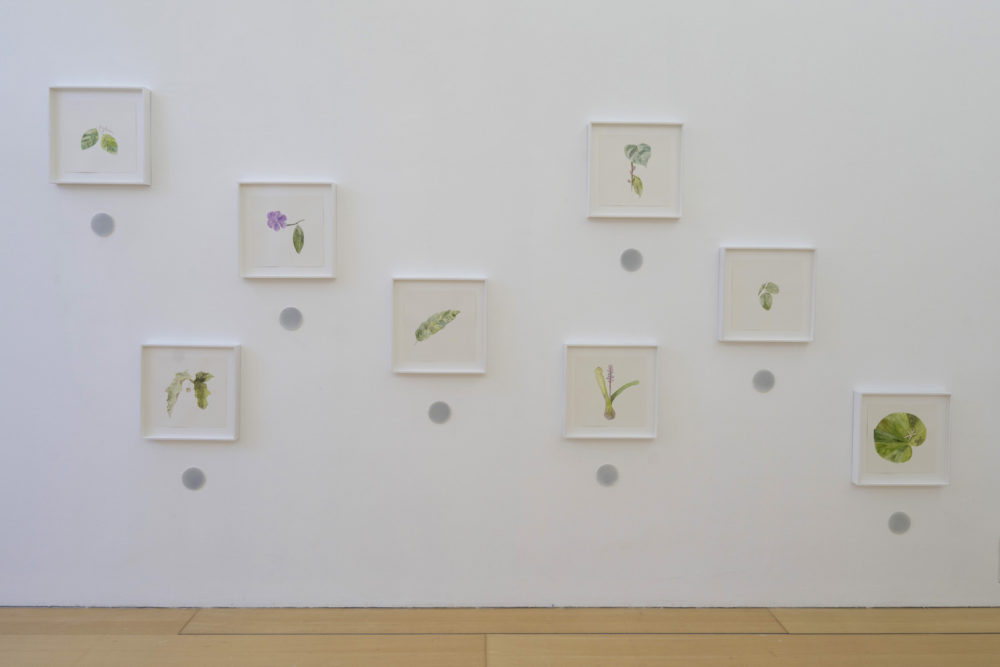
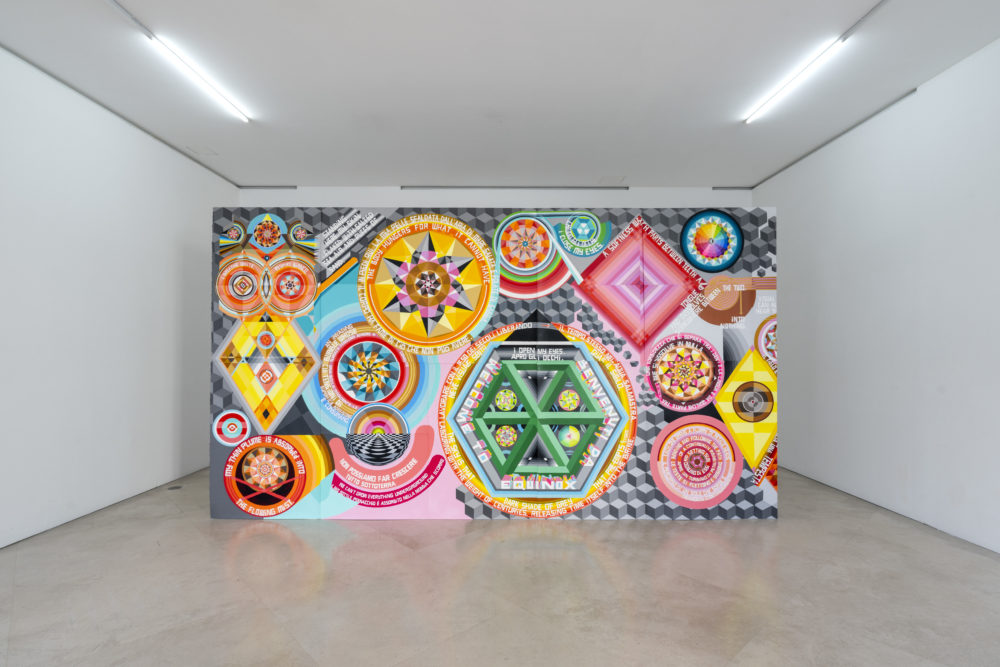
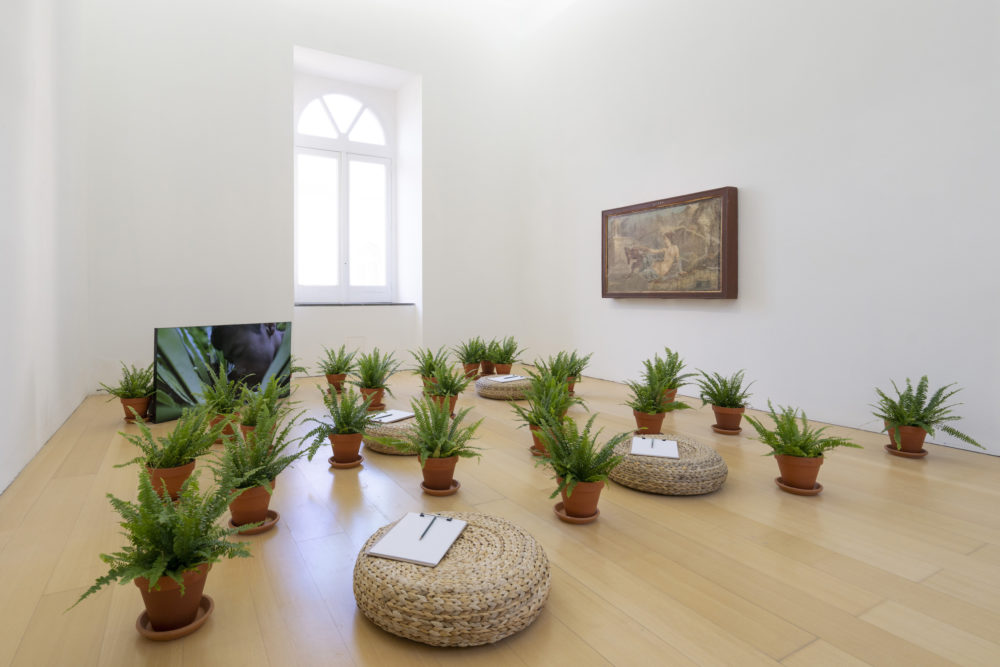
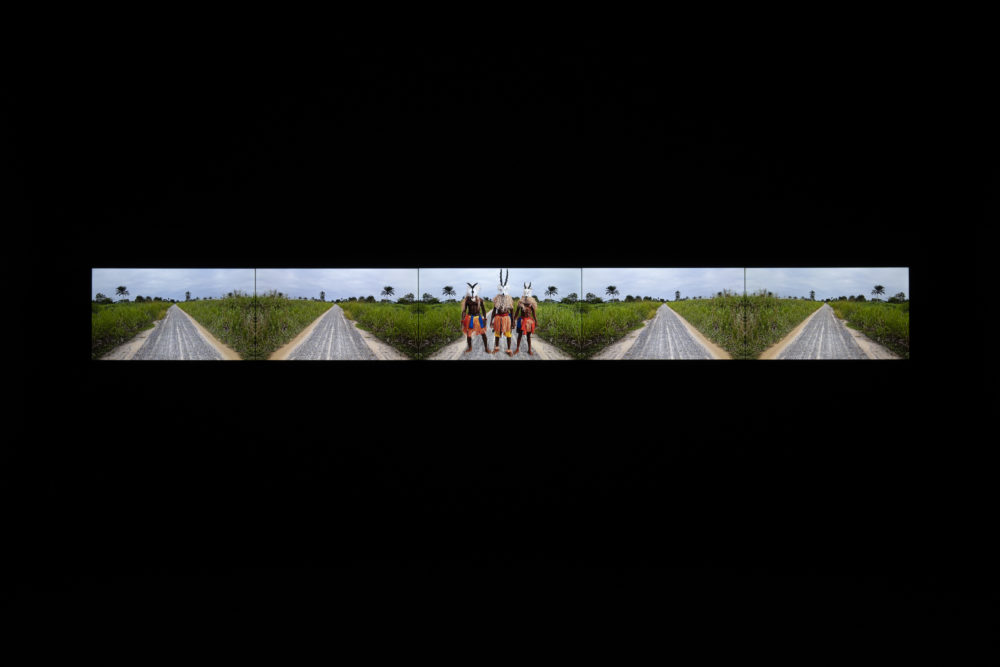

Rethinking Nature
04 — 20.03.2022
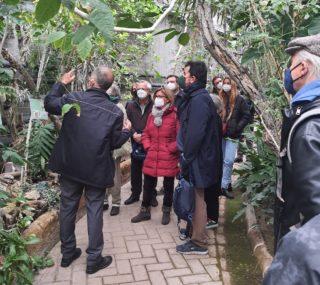
Rethinking Nature
05 — 30.04.2022
The free public program of the exhibition Rethinking Nature continues in April. Urban explorations, webinars, guided tours and artist talks A series of walks inaugurates…
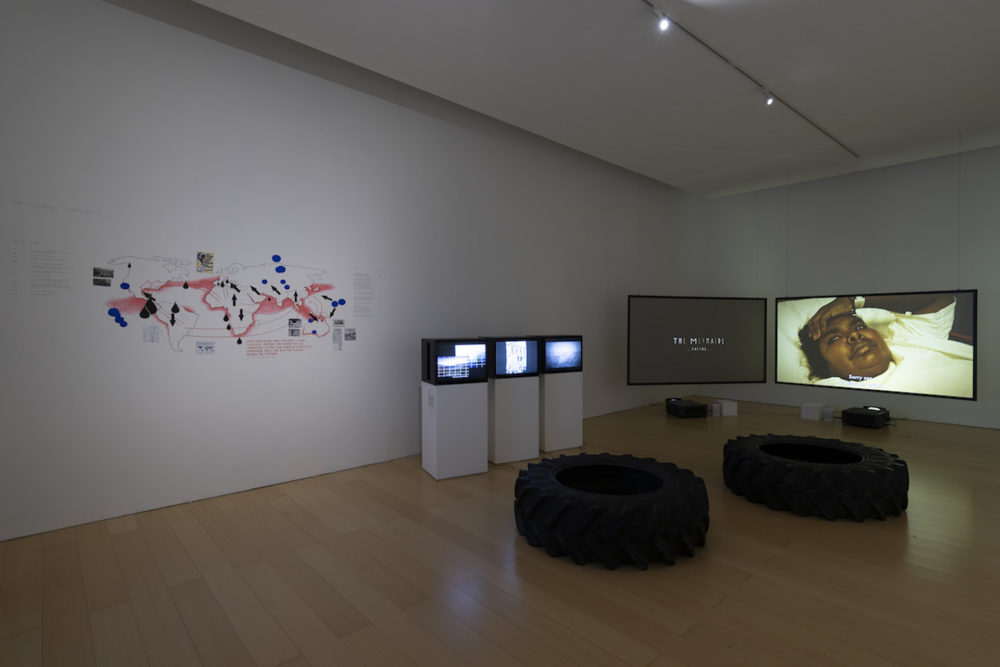
Elizabeth A. Povinelli: Two Clans | Weather Reports
14.03.2022 — 5:30 pm
On Monday, March 14, at 5:30 p.m., Madre, in collaboration with the University of Naples L’Orientale, presents the lecture Two Clans | Weather Reports by…
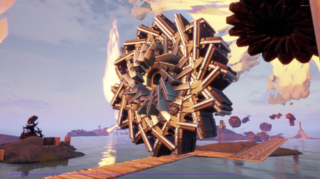
Sam Keogh | Ecofascism and Survivalism
29.04.2022 — 5:30 pm
On Friday, April 29 2022, Sam Keogh presented the talk “Ecofascism and Survivalism”, in conversation with Tiziana Terranova (professor in sociology of cultural and communicative…

